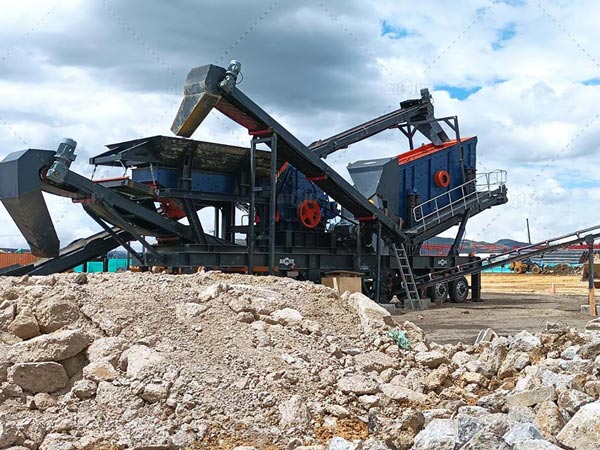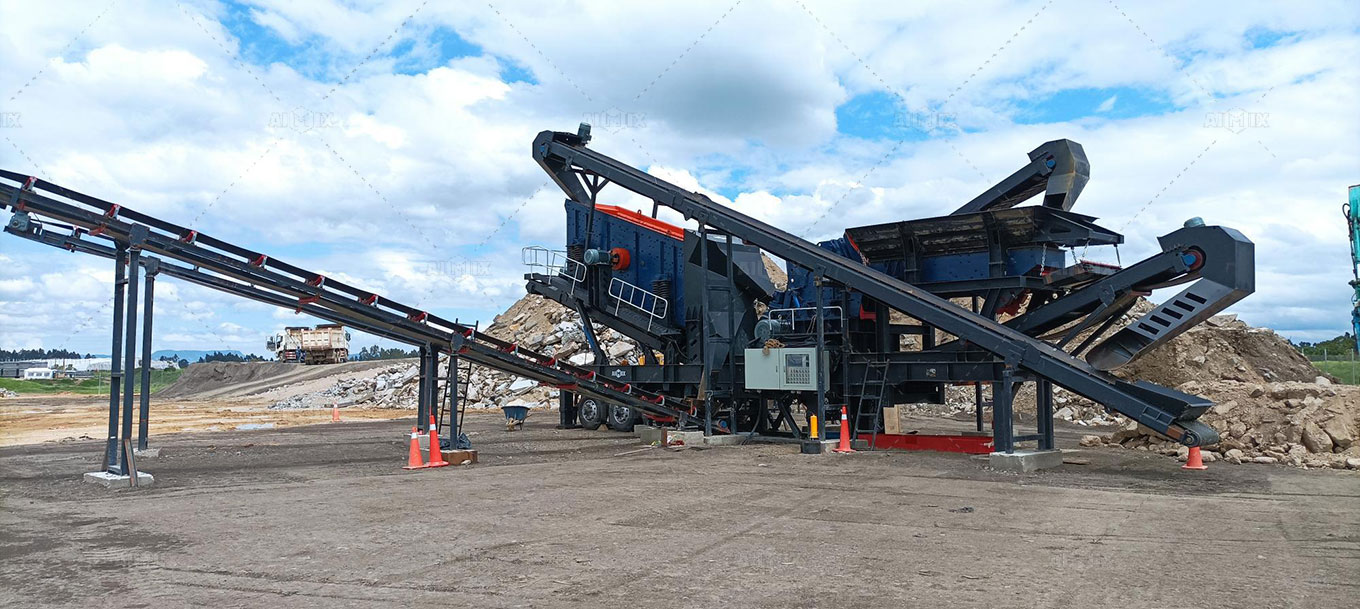The construction industry faces increasing pressure to adopt sustainable practices, particularly regarding the staggering amounts of waste generated through demolition and renovation projects. Concrete crushing technology has emerged as a transformative solution, converting what was once considered debris into valuable recycled aggregates for new construction applications. These advanced concrete crusher machine not only address waste management challenges but also create circular economies within the construction sector, reducing the environmental impact of both demolition and new construction activities.
Modern concrete crushers have evolved far beyond simple rubble breakers, incorporating sophisticated separation systems, dust suppression technology, and precision grading capabilities that produce high-quality recycled concrete aggregate (RCA). This material demonstrates performance characteristics that increasingly approach those of virgin aggregates, making it suitable for numerous applications from road base to structural concrete. The environmental benefits extend beyond waste reduction to include conservation of natural resources, reduced transportation emissions, and decreased landfill usage.

Modern concrete crushing plants employ interconnected processing stages that progressively reduce material size while removing contaminants. Primary jaw crushers handle initial reduction of large demolition concrete, while secondary impact crushers further refine the material and begin separating rebar and other metals. Tertiary cone crushers or vertical shaft impactors produce the final aggregate gradation required for specific applications, often achieving particle shapes superior to virgin aggregates.
Contemporary crushing systems incorporate multiple separation mechanisms including magnetic separators for steel reinforcement, air classifiers for lightweight contaminants, and water separation systems for non-metallic impurities. These technologies ensure the resulting recycled aggregates meet strict quality standards, with some advanced plants achieving contamination levels below 0.5% by weight, making the material suitable for structural applications.
Concrete crushing directly contributes to natural resource preservation by reducing demand for virgin aggregate mining. Each ton of recycled concrete aggregate saves approximately one ton of virgin material from being quarried, simultaneously preserving landscapes and reducing the energy consumption associated with extraction and processing. This substitution represents one of the construction industry's most significant opportunities for immediate environmental improvement.
The production of recycled concrete aggregate requires substantially less energy than manufacturing virgin aggregates, typically reducing carbon emissions by 60-80% per ton of material. Additional emissions savings come from avoided transportation, as crushing operations can often be established at construction waste recycling sites or nearby locations, dramatically reducing the distance materials travel compared to virgin aggregates transported from remote quarries.

Recycled concrete aggregates typically offer significant cost advantages over virgin materials, often costing 25-50% less while providing comparable performance for many applications. These savings become particularly compelling when crushing operations are established on project sites, eliminating both disposal costs for demolition debris and purchase costs for new aggregate materials.
Processed recycled concrete finds use in numerous construction applications including road base, pipe bedding, drainage media, and ready-mix concrete. Higher-quality RCA meets specifications for structural concrete in many jurisdictions, particularly for less critical elements where slightly reduced strength characteristics remain acceptable. The material's excellent compaction properties and consistent gradation make it ideal for infrastructure projects.
Choosing between mobile and stationary crushing plants depends on project duration and material volume. Mobile crushers offer flexibility for multiple smaller projects or sites with limited space, while stationary plants provide higher output and more sophisticated processing capabilities for large-scale, long-duration operations. Many contractors now utilize semi-mobile plants that balance mobility with processing capacity.
Successful recycled aggregate production requires rigorous quality management including regular testing for contamination, gradation, and absorption characteristics. Modern crushing plants incorporate automated sampling and monitoring systems that ensure consistent output quality. Additional processing such as washing or additional crushing may be necessary to meet specific project requirements, particularly for structural applications.
Concrete crushing technology has transformed from a waste management solution to a sophisticated materials production process that stands at the forefront of sustainable construction. By converting demolition waste into valuable resources, these machines address environmental concerns while creating economic opportunities. The continued advancement of crushing and sorting technologies will further improve recycled aggregate quality, expanding applications and increasing adoption across the construction industry. As sustainability becomes increasingly central to construction practices, concrete crushers will play an essential role in building the circular economies that define truly green construction.